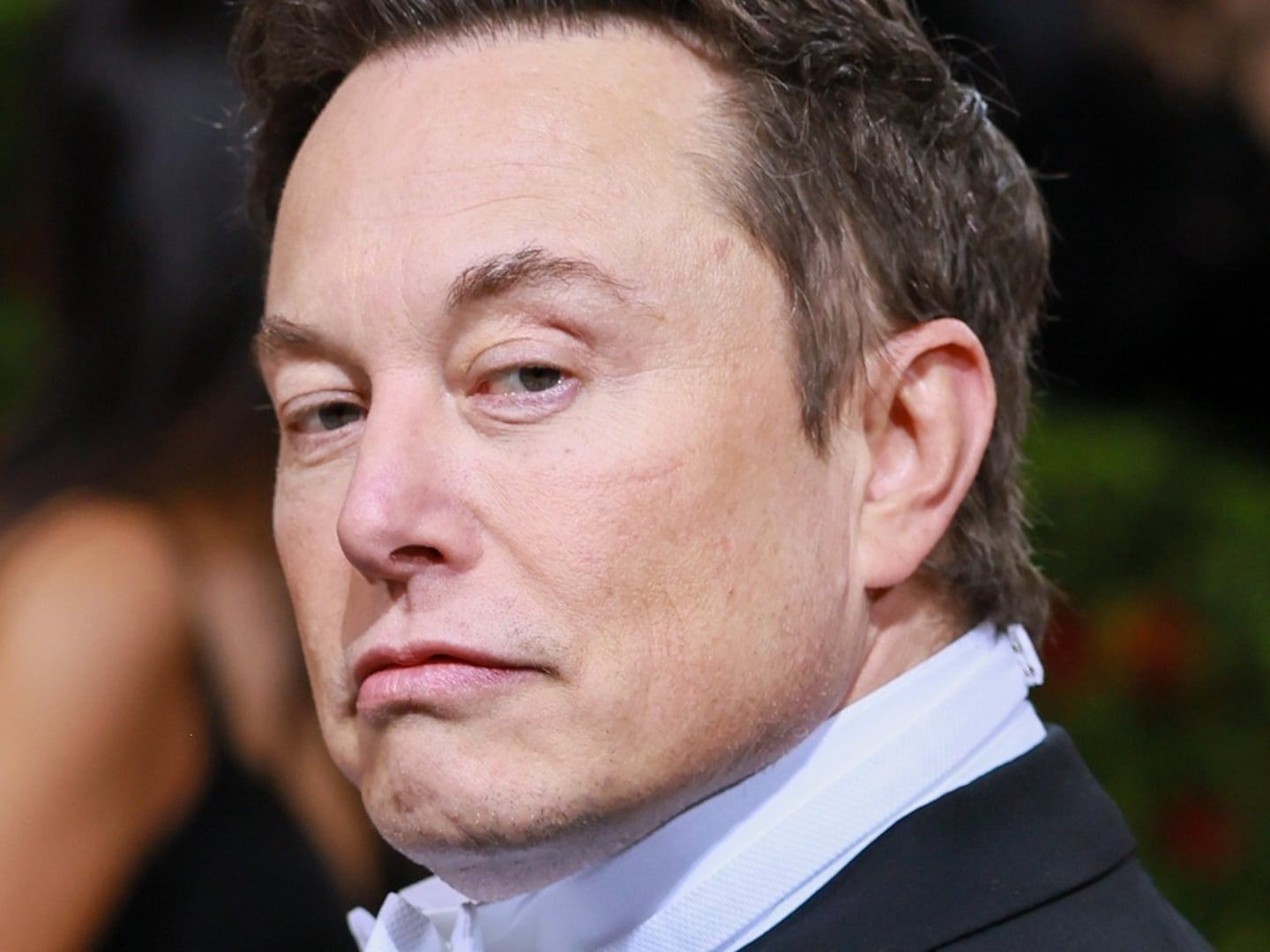Politics
Stephanie Keith/Stephanie Keith/Reuters
Read the Letter Trump’s Attorney Michael Cohen Sent Investigators About the ‘Golden Showers’ Dossier
NYET
In narrowly tailored answers, the president’s longtime lawyer denies allegations that he went to Europe last year to work with the Kremlin.





